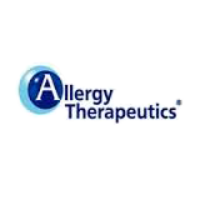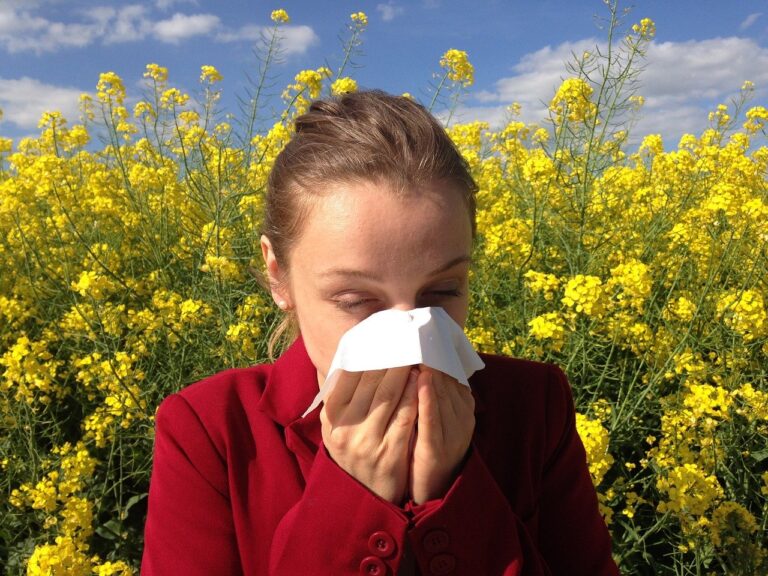Allergy Therapeutics plc (LON:AGY), the fully integrated commercial biotechnology company specialising in allergy vaccines, today announced the publication of positive data in the journal Immunotherapy, demonstrating long-lasting efficacy of Pollinex Quattro Grass in patients with grass pollen allergy. Zielen et al., Long-term effect of monophosphoryl lipid A adjuvanted specific immunotherapy in patients with grass pollen allergy. doi; 10.2217/imt-2018-0004.
The observational study, led by Professor Stefan Zielen of the Goethe University, Germany, focused on the long-term efficacy of Pollinex Quattro Grass. Each of the clinical symptoms (runny nose, sneezing and conjunctivitis) were statistically significantly reduced in treated patients compared with controls without allergen-specific immunotherapy. The study concluded that patients treated with Pollinex Quattro Grass vaccine exhibited significant and long-lasting symptom improvements 3-6 years after cessation of treatment.
Professor Stefan Zielen, author of the paper commented; “We are delighted with the publication of our observational study that demonstrates the long-term effects of Pollinex Quattro Grass immunotherapy. Our paper highlights the benefits that this allergen-specific immunotherapy can offer allergy sufferers, in terms of patient convenience, as well as the potential for positive and long-lasting effects.”
Manuel Llobet, CEO at Allergy Therapeutics plc, said: “This paper validates earlier studies indicating Pollinex Quattro is disease modifying for the many patients affected by grass allergy. Together with the recently announced positive data from our Phase Grass G205 clinical study, we believe that we have a robust data set for our suite of novel allergy product candidates. We look forward to commencing further studies with the goal of developing a strong allergy portfolio to patients globally, including in the significant US market.”
The data presented supports earlier studies investigating Pollinex Quattro, Zielen et al., 20071 and Rabe et al 20172. Sustained efficacy according to European Medicine Agency criteria in 3114 patients was shown in the 2007 Zielen paper1, where after 3 years, improvement of symptoms was reported in more than 93% of patients and the consumption of anti-allergic medication decreased in more than 75% of patients.







































